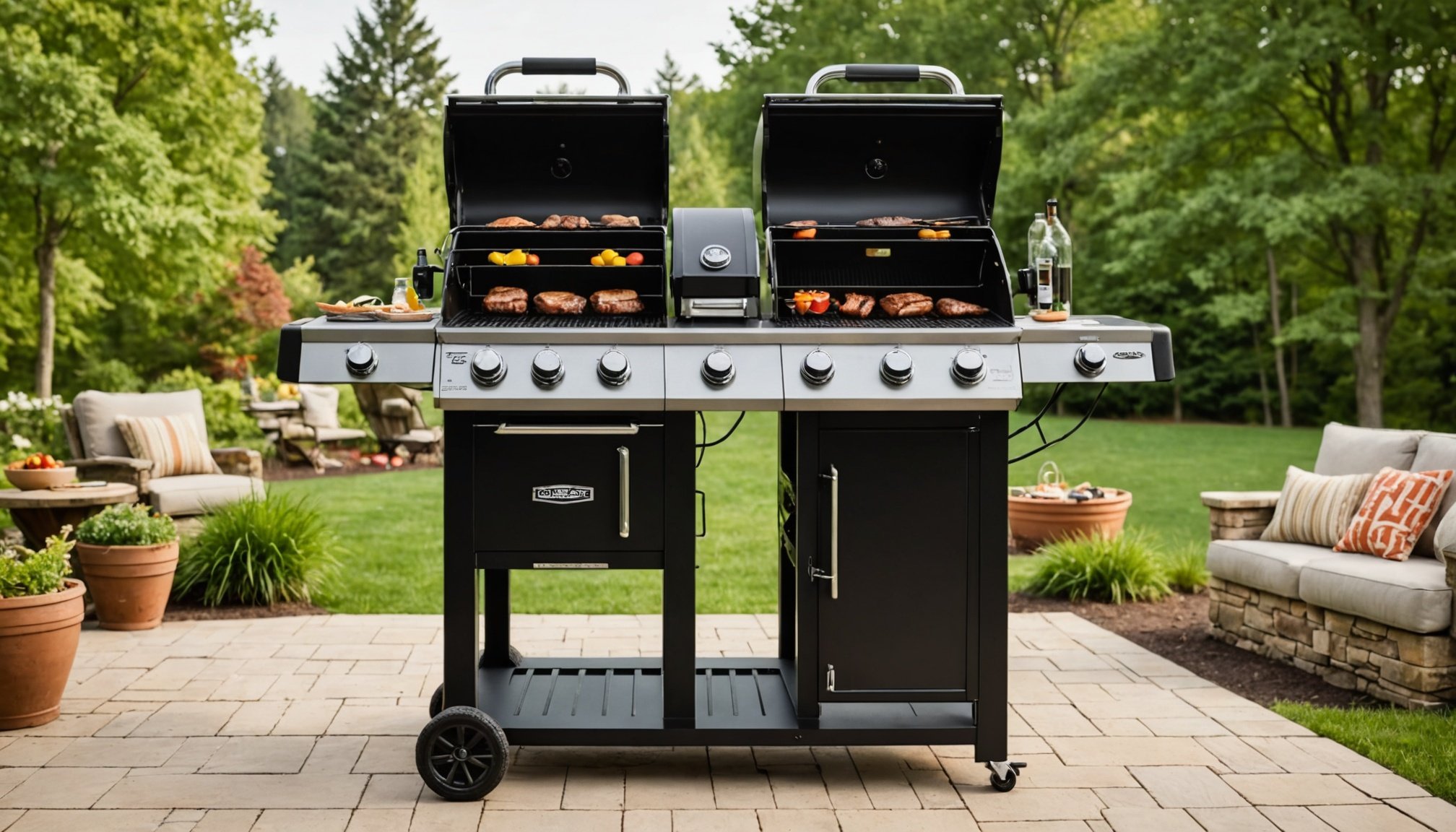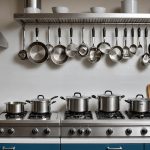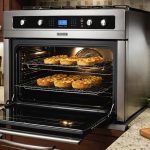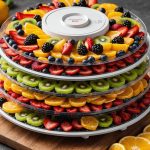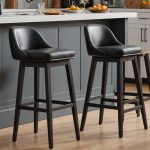Understanding Your BBQ Grill Needs
Choosing the right BBQ grill involves understanding your specific requirements. Begin by assessing the cooking space and capacity you need. Are you grilling for a small family, or do you host large gatherings? This will directly influence the size and type of grill you should consider.
Next, focus on identifying your preferred cooking styles and techniques. If you’re a fan of slow cooking and smoking, a grill that supports these methods is essential. Alternatively, if you enjoy quick and high-heat grilling, a model with powerful burners might be more suitable.
Also to see : Unlock the essential features of a yogurt maker for creating delicious homemade yogurt!
Another crucial factor is evaluating the frequency of use. If the grill will see frequent action, durability and ease of cleaning become priorities. Additionally, consider storage options, especially if your outdoor cooking area is limited. Some models offer collapsible features or compact designs to save space when not in use.
By thoroughly understanding your outdoor cooking requirements, you can make an informed decision that enhances your grilling experience while catering to your needs. This knowledge ensures the BBQ grill you select complements your cooking habits and lifestyle.
Also to see : Key considerations for selecting the ultimate bread knife for flawless slicing
Materials and Durability
Selecting the right BBQ grill materials is crucial for ensuring durability and long-lasting performance in outdoor cooking environments. Each material offers distinct advantages and potential downsides.
Stainless Steel vs. Cast Iron
Stainless steel grills are favoured for their rust resistance and minimal maintenance needs. They are typically lightweight and provide a sleek look. Cast iron, on the other hand, excels in heat retention, offering superior cooking performance but requires regular seasoning to prevent rust.
Heat Retention Properties
Heat retention influences cooking efficiency. Stainless steel heats quickly but may lose heat rapidly upon removal of food. Cast iron maintains consistent temperatures, ideal for searing, even after lifting the lid.
Weather Resistance and Longevity
When weighing the weather resilience of materials, stainless steel scores high for its durability against harsh weather, though salt-rich environments may encourage corrosion. Coated cast iron fares well but may require additional protective measures, like covers, to ensure longevity.
Choosing the right material translates into less maintenance and longer usage, keeping your BBQ grill in top condition across seasons.
Heat Distribution and Cooking Performance
Ensuring even heat distribution is essential for optimal cooking results. It prevents hot and cold spots, ensuring food cooks uniformly. Varied burner types can affect this, with some providing wider coverage and others more intense, focused heat.
Types of Burners and Their Performance
Burners come in diverse forms, from tubular to ceramic. Tubular burners offer consistent coverage across the grill’s surface, enhancing cooking efficiency by evenly dispersing heat. Ceramic burners, on the other hand, excel in delivering intense, radiant heat, perfect for achieving high searing temperatures quickly.
Impact of Grill Design on Cooking Efficiency
The design of a grill significantly influences its cooking efficiency. Features like heat diffusers or flame tamers can help distribute heat more evenly, reducing flare-ups and improving control. Grills with a good lid seal help retain heat, enhancing overall performance by maintaining consistent internal temperature.
Size and Cooking Area Options
Selecting the appropriate BBQ grill size and cooking surface area is integral to optimising your outdoor culinary experiences. Grills vary from compact designs, suitable for patios or small gatherings, to full-size models that cater to larger groups.
Compact vs. Full-Size Grills
Compact grills are an excellent choice for limited spaces or if portability is a priority. These models often include collapsible features, making them easy to transport and store. Conversely, full-size grills offer more substantial cooking surfaces, often equipped with additional burners, side shelves, and extra storage.
Grilling Capacity for Different Gatherings
When considering grill size, think about the average number of people you serve. For intimate family meals, a smaller cooking surface area with a few burners might suffice. Larger gatherings naturally demand extended cooking areas, ensuring everyone is served promptly without the need to cook in multiple rounds.
Considerations for Multi-Zone Cooking
For those who enjoy varied cooking techniques, multi-zone cooking systems can be valuable. These grills allow distinct heat zones, letting you sear on one side and slowly cook on the other. This feature enhances the grill’s versatility, accommodating diverse culinary styles for varied palates.
Fuel Types and Their Benefits
Choosing the right BBQ grill fuel type is integral to achieving the desired flavours and practicality for your outdoor cooking. Each option—propane, charcoal, and electric—offers unique benefits and considerations.
Propane grills offer the convenience of quick start-up and precise temperature control, making them ideal for regular cooking sessions. Charcoal grills, meanwhile, promise a unique smoky flavour that barbecue enthusiasts prize, although they require more preparation time.
The rise of electric grills caters to those seeking an eco-friendly, smoke-free solution, excellent for small spaces with restrictions. They’re particularly useful in urban settings where traditional grills might not be feasible.
Consider fuel cost and availability in your decision. While propane and charcoal can incur ongoing costs, electric grills generally have lower operational expenses if you’re in a location with reasonable electricity rates.
Ultimately, understanding the benefits and limitations of each fuel type helps you select a grill that suits your cooking style and environment, enhancing your outdoor culinary adventures.
Brand Recommendations and Reliability
When choosing the right BBQ grill, considering top BBQ grill brands can guide you toward an informed decision. Brands like Weber, Char-Broil, and Traeger are highly regarded for their quality and innovation. Weber is renowned for its durable construction and versatile cooking options, making it a staple for grill enthusiasts.
Established Brands to Consider
Weber, with its longstanding reputation, offers a wide range of options from gas to charcoal. Char-Broil provides affordable, user-friendly models perfect for beginners. Traeger stands out for its wood pellet grills, appealing to those who prioritise flavour.
User Reviews and Expert Opinions
Before settling on a brand, analysing consumer feedback is invaluable. Grill reviews often highlight real-life performance and potential issues like assembly difficulty, enhancing your understanding before purchase. Expert reviews tend to focus on design and longevity aspects.
Warranties and Customer Support
Consider the warranty and customer service of each brand. A comprehensive warranty reflects the manufacturer’s confidence in their product, while responsive customer support can ease the process if issues arise. Assessing these elements contributes to a satisfactory purchase and long-term satisfaction.
Maintenance and Care Tips
Regular BBQ grill maintenance is vital for preserving its performance and extending its longevity. Start with consistent cleaning routines. After each use, once the grill cools down, remove food residues and grease using a grill brush. Cleaning not only prevents flare-ups but also helps maintain the flavour integrity of your grilled food.
For grills with cast iron grates, seasonal seasoning is crucial. This involves applying a thin coat of cooking oil to the surface and heating it to create a protective layer. This process helps to protect against rust and enhances the natural non-stick properties of cast iron.
To prevent weather-related damage, proper storage is key. If your grill isn’t in use, consider using a weather-resistant cover. During extreme weather conditions, moving the grill to a sheltered location like a garage or shed is advisable.
Incorporating these cleaning techniques into your routine ensures your grill remains in excellent condition, ready for the next outdoor cooking adventure. Investing time in maintenance helps preserve the grill’s functionality and appeal, ultimately enhancing your outdoor cooking experiences.
Optimizing Your Backyard Cooking Experience
Enhancing your backyard cooking experience involves both practical and creative approaches. Accessories like grill baskets and smoker boxes can significantly boost your grilling techniques. Consider using skewers for kebabs or a rotisserie kit for evenly cooked poultry, which can add variety to your repertoire.
Safety Tips for Backyard Grilling
Prioritising safety is crucial. Always position the BBQ grill on a stable surface away from flammable materials. Regular maintenance, including checking gas connections and cleaning grease traps, reduces fire risks. Keep a fire extinguisher nearby, just in case, to ensure a safe grilling environment.
Setting the Atmosphere
Creating an inviting atmosphere enhances your outdoor cooking tips experience. Arrange seating comfortably around the grill area, ensuring guests can interact while keeping a safe distance. Outdoor lighting, such as string lights or lanterns, adds ambiance, with citronella candles doubling as both decor and a mosquito deterrent.

